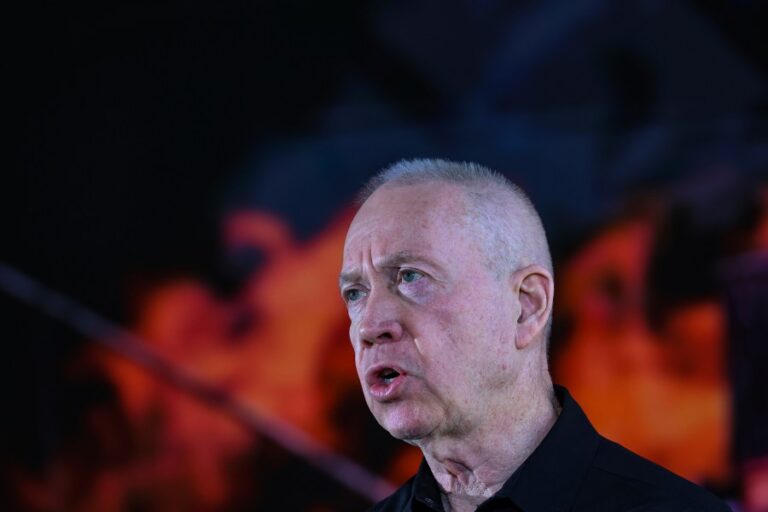Overview
The International Criminal Court (ICC) issued arrest warrants for Israeli Prime Minister Benjamin Netanyahu and Hamas leaders, including former Defense Minister Yoav Gallant, accusing them of crimes against humanity in connection with the ongoing conflict between Israel and Hamas in Gaza. The warrants focus on allegations that Israel has used food as a weapon in its campaign against Hamas, leading to widespread hunger and potential famine in Gaza. The ICC’s decision has been met with both condemnation and support from various stakeholders.
Background
The conflict between Israel and Hamas in Gaza has resulted in a significant death toll, with thousands of casualties, including women and children. The ICC’s decision to issue arrest warrants for the leaders of both sides is a significant development in the ongoing conflict and may have implications for future negotiations and efforts to achieve a cease-fire.
Response and Reactions
Israeli leaders and officials have strongly condemned the arrest warrants, labeling them as absurd and false. The Israeli Foreign Ministry has challenged the ICC’s jurisdiction, arguing that Israel was not given the opportunity to investigate the allegations before the warrants were requested. Human rights groups have welcomed the ICC’s decision, emphasizing the importance of holding individuals accountable for their actions.
Implications and Challenges
While the arrest warrants may complicate international travel for the suspects, enforcement remains a challenge due to the lack of jurisdiction over non-member states. The threat of arrest could impact diplomatic relations and future engagements with countries that support the ICC’s actions. The ongoing conflict in Gaza continues to pose humanitarian challenges, with the majority of the population dependent on aid for survival.
Legal Battles and International Relations
The ICC’s decision comes amid separate legal battles that Israel is facing at the United Nations and other international forums. The conflict in Gaza has raised questions about the legitimacy of military actions and the protection of civilian populations. The ICC’s involvement adds a new layer of complexity to the ongoing conflict and highlights the importance of accountability and justice in resolving disputes.
FAQs
1. What are the specific allegations against Israeli Prime Minister Benjamin Netanyahu and Hamas leaders?
The arrest warrants focus on allegations that Israel used food as a weapon in its campaign against Hamas in Gaza, leading to widespread hunger and potential famine in the territory.
2. How has the international community responded to the ICC’s decision to issue arrest warrants?
Israeli leaders have condemned the warrants, while human rights groups have welcomed the move as a step towards accountability for crimes against humanity.
3. What are the practical implications of the arrest warrants for the suspects?
The warrants could complicate international travel for the suspects, potentially leading to diplomatic challenges and restrictions on their movements.
4. How does the ICC’s decision impact ongoing efforts to negotiate a cease-fire in Gaza?
The arrest warrants could further isolate the suspects and complicate diplomatic efforts to reach a resolution to the conflict in Gaza.
5. What steps can be taken to enforce the arrest warrants issued by the ICC?
While member countries are required to detain suspects facing a warrant, enforcement remains a challenge due to the lack of jurisdiction over non-member states.
